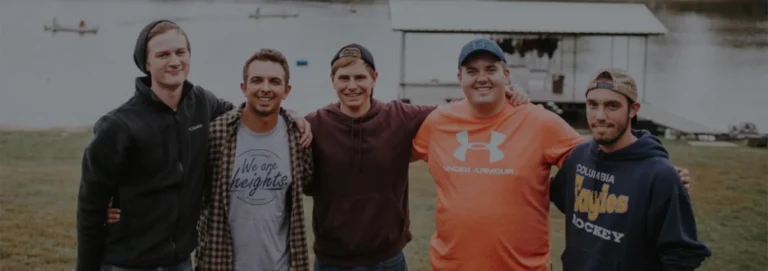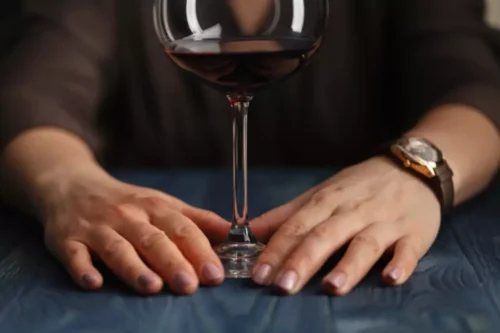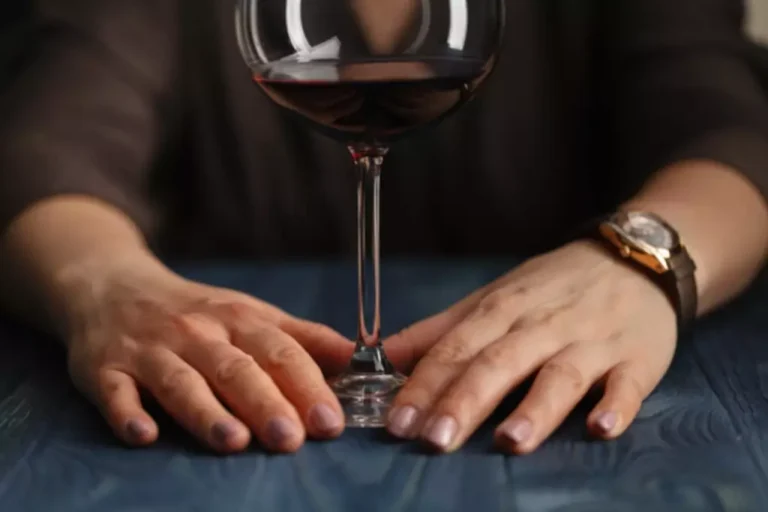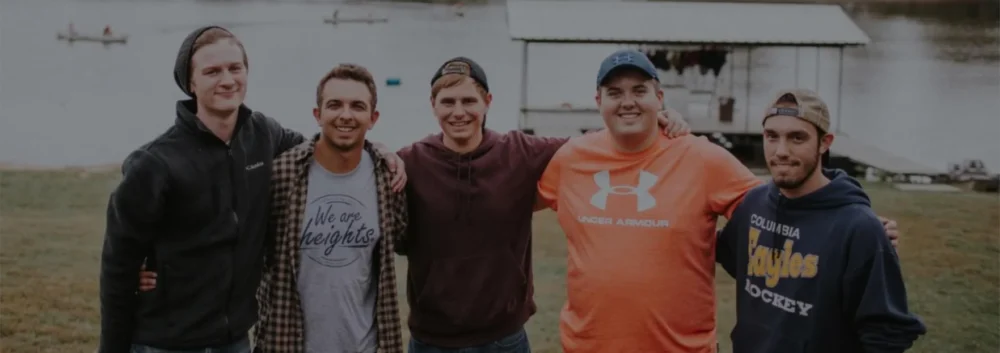
It is in accord with the evidence that the longer a person goes without using, the weaker the desire to use becomes. That view contrasts with the evidence that addiction itself changes the brain—and stopping use changes it back. Use of a substance delivers such an intense and pleasurable “high that it motivates people to repeat the behavior, and the repeated use rewires the brain circuitry in ways that make it difficult to stop. Evidence shows that eventually, in the months after stopping substance use, the brain rewires itself so that craving diminishes and the ability to control behavior increases. The brain is remarkably plastic—it shapes and reshapes itself, adapts itself in response to experience and environment.
Embrace Recovery As A Lifestyle
“I was complacent,” he admitted after he got back on track. “Now, I know that I have to work at recovery every single day. I’m trying to be a better person.” His words are a reminder that none of us knows what the future holds. Even relapse, which can seem like a disaster in the moment, can sometimes lead to a positive change. Whether or not you should return to treatment will depend on the severity of your lapse and the circumstances surrounding it.
- Get cost-effective, quality addiction care that truly works.
- Creating a rewarding life that is built around personally meaningful goals and activities, and not around substance use, is essential.
- Relapse is characterized by a return to the unhealthy behaviors and negative consequences that characterize addiction.
- They have known one way for so long (probably a destructive path, but oddly familiar and comfortable none the less), it’s exceptionally hard to shake old habits, thoughts and actions.
- I suddenly had some auditory hallucinations that made me concerned and alarmed.
- If a trigger is unavoidable, consider what you can do differently next time you face it.
Steps to Take After a Drug or Alcohol Relapse

I had resisted the urge before; I hadn’t self-harmed for over a year and I was https://ecosoberhouse.com/ so excited. I had learned to accept my scars as they were and wasn’t ashamed or embarrassed (which in itself was no cake walk); to expect the stares and questions and side-ways looks. Not as a reminder of how “fucked up” or how ugly I am, but as a testament to my mental strength and how far I’ve come in the journey of learning to love myself. I still recognized I had things to work on and, demons to fight, some of which I’m still too scared to tackle, but I thought the hardest part was over. I thought I had a handle on how to manage my anger and anxiety; how to control my urges to self-harm and talk myself down and be rational when I could sense old habits coming back.
Living a Life in Recovery
A new environment where you’re less likely to fall for the temptation of relapse and can exercise strong coping skills. My client was devastated and wondered what had happened from the time she pulled out of the driveway to 48 hours later which resulted in both of their worlds collapsing. Why oh why, when everything was going so well, could this happen? When she inquired as to why, his response was that his relapse had been percolating for many months and it wasn’t personal and she had nothing to do with it. It was just the horrible demon of alcoholism that had plagued his life for years.
- Taking quick action can ensure that relapse is a part of recovery, not a detour from it.
- In addition to CBT, other treatment modalities and therapeutic interventions can help with SUDs, including art and music therapy, yoga and relaxation techniques, and physical fitness.
- If the relapse consisted of a few hours or a few days, you may be able to veer back to your recovery path somewhat seamlessly.
Beyond the Gym: How Physical Health Impacts Your Mental Wellbeing

Of course, that requires understanding what your triggers are. But life is often unpredictable and it’s not always i relapsed again possible to avoid difficulty. Some models of addiction highlight the causative role of early life trauma and emotional pain from it. Some people contend that addiction is actually a misguided attempt to address emotional pain. However, it’s important to recognize that no one gets through life without emotional pain. And most people who experience trauma do not become addicted.
Can You Prevent a Relapse?

An easy way to snap out of a “neutral,” unknown void-like feeling and focus on something real. A solution for when I’m so angry and can’t scream and shout, but can subject myself to pain as a distraction. A way to punish myself for feeling guilty, defeated, naive — a way to give myself what I deserve for having been so. A way to have a drug addiction constant reminder (through my scars) of how I’m not good enough, crazy and most of all – ugly. In order to have a “successful” relapse, you first have to recognize you are having a relapse and acknowledge what is happening. If you cannot say out loud you are struggling, you cannot move forward.
There were still the two water sources, a normal one and one mixed with morphine. Unfortunately, the reality is very few master delayed gratification completely. The lure of instant gratification is a lifelong temptation. Fast food is everywhere and so is porn on the internet.

If these signs are present, it may be time to seek help. If you’re not sure how to start the conversation, the trained advisors from our webchat team can give you some free and confidential advice. Include the names of everyone on your medical and support teams and how to contact them. If you or someone you know experiences a relapse, there are things that you can do to cope and get help.
Leave a Reply